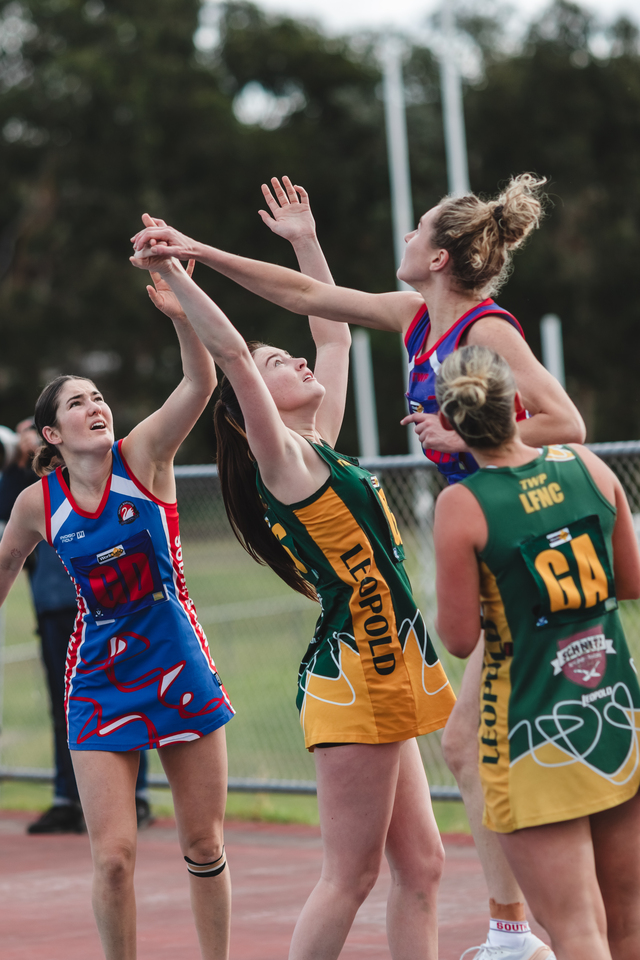Local councils have adopted policies in the last week to address the gap between men’s and women’s participation in sports in our region.
These policies outline how councils plan to identify and eliminate systemic causes of gender inequality across sport and support clubs and organisations to do the same.
According to Geelong council’s Change Our Game State of Play survey, women were 2.5 times more likely to report feeling unwelcome at their sporting club compared to men, with 28 per cent having considered leaving their club due to inequitable treatment.
AFL Barwon regional general manager Ed Wilson said his organisation, which worked closely with Geelong council on the policy, fully supported it.
“This year for women and girls football, the Barwon region is actually state-leading; we’re up 9.2 per cent year-on-year at the moment,” Mr Wilson said.
“Women want to be a part of our local community clubs and when the opportunities for participation are provided, they will come.
“But if you don’t have the right environments, the policies to support their participation and inclusion, then you’ll lose people to your sports. And that’s where the Fair Access Policy comes in.”
Surf Coast Shire Council also adopted its Fair Access Policy and Action Plan at its June meeting, with Councillor Rose Hodge saying the policy aligned well with the council’s plan of health and wellbeing.
“I’m proud to say that our netball clubs across our shire are of a very high standard but we’ve now seen a really huge influx in growth of women’s football and cricket,” she said.
“Some of the rooms that were male-oriented don’t hold the equality and equity for the women who are now playing those games.
“It won’t be just all sporting facilities, as the policy goes on in the future it will be all community spaces and programs to make sure that everything is equitable and accessible to women and girls.”









